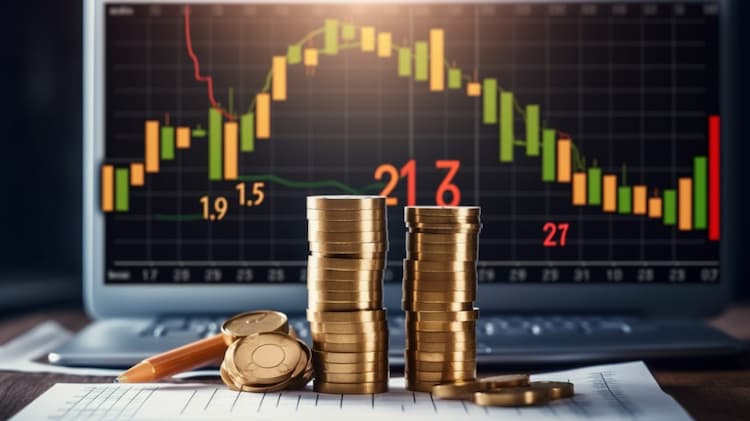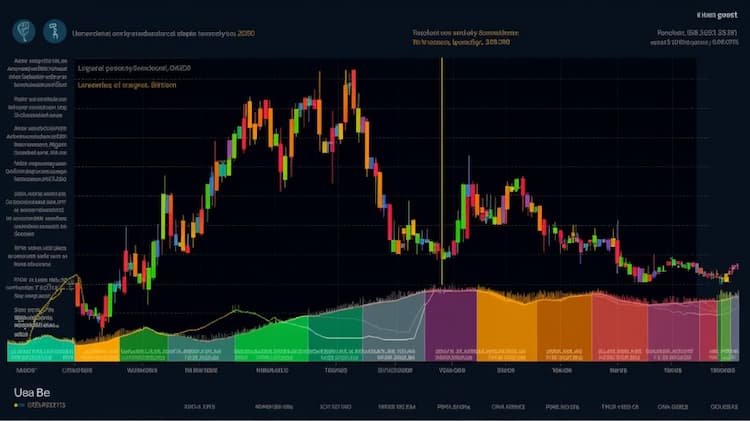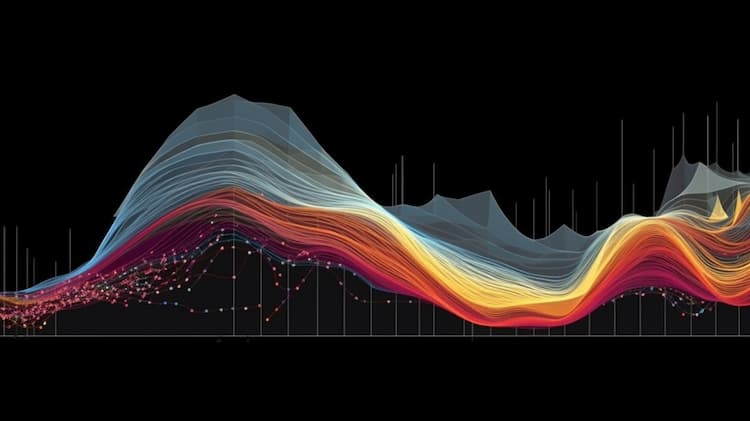
BND VS AGG: Capitalization Strategy
Exchange-Traded Funds (ETFs) have transformed the way investors approach financial markets, offering a convenient and diversified way to gain exposure to various asset classes and sectors. In this article, we will conduct a comprehensive analysis of two popular ETFs: BND (Vanguard Total Bond Market ETF) and HYG (iShares iBoxx $ High Yield Corporate Bond ETF). We'll explore key aspects such as ETF tickers, full names, issuers, sectors, top holdings, capitalization, investment strategy, tracking methods, and exposure.
BND Vs HYG: Overview
BND and HYG are both ETFs within the fixed-income space, but they cater to different segments of the bond market. BND seeks to track the performance of the entire US investment-grade bond market, encompassing government, corporate, and mortgage-backed securities. HYG, on the other hand, focuses on a more specific niche: high-yield corporate bonds. This distinction in investment focus leads to varying risk and return profiles, which we'll delve into further.
BND Vs HYG: Sectors and Top Holdings
When it comes to sectors, BND offers exposure to a wide range of industries within the bond market. Its top holdings include US Treasury bonds, government agency bonds, and investment-grade corporate bonds. HYG, as a high-yield corporate bond ETF, concentrates on bonds with lower credit quality, issued by companies that may have a higher risk of default. Understanding the sectors and top holdings helps investors gauge the underlying risks and potential rewards of each ETF.
 BND overlap BND VS HYG
BND overlap BND VS HYG
BND Vs HYG: Capitalization and Investment Strategy
The capitalization and investment strategy of these two ETFs reflect their differing approaches to the bond market. BND boasts a substantial asset under management (AUM), making it one of the largest bond ETFs. Its investment strategy revolves around broad market exposure and minimizing risk through diversification. HYG's strategy, on the other hand, focuses on capturing higher yields by investing in bonds with lower credit ratings. This strategy introduces potentially higher returns but also elevated credit risk.
BND Vs HYG: Tracking and Exposure
BND aims to mirror the performance of the Bloomberg Barclays US Aggregate Bond Index, a comprehensive benchmark covering various sectors of the US investment-grade bond market. HYG, on the other hand, seeks to track the iBoxx USD Liquid High Yield Index, which represents the performance of high-yield corporate bonds. The tracking methods and index selection influence the ETFs' returns and volatility characteristics, making it essential for investors to understand their respective exposures.
Conclusion
BND and HYG are distinct ETFs, each catering to different corners of the fixed-income market. Investors seeking to navigate the complexities of these ETFs and gain insights into their holdings, correlations, overlaps, and more can turn to ETF Insider. This user-friendly app provides comprehensive information about various financial instruments, empowering investors to make informed decisions.
Disclaimer: This article is intended for informational purposes only and does not provide investment advisory services.
Sources:
https://investor.vanguard.com/home BND ETF issuer
https://investor.vanguard.com/investment-products/etfs/profile/bnd BND ETF official page
HYG quote and analysis
Discover the top holdings, correlations, and overlaps of ETFs using our visualization tool.
Our app allows you to build and track your portfolio.
To learn more about the HYG iShares iBoxx $ High Yield Corporate Bond ETF, access our dedicated page now.
FAQ
Why is BND better than HYG?
BND may be considered better than HYG for some investors due to its specific focus, offering diversification.
Does HYG beat BND?
HYG's performance relative to BND will vary over time, depending on market conditions.
Should I invest in BND or HYG?
The choice between BND and HYG should align with your investment goals, risk tolerance, and desired exposure.
Are BND and HYG good investments?
Both BND and HYG can be suitable investments depending on individual investment strategies, goals, and risk profiles.
What is the correlation between BND and HYG?
The correlation between BND and HYG can vary over time, reflecting differences in performance.





